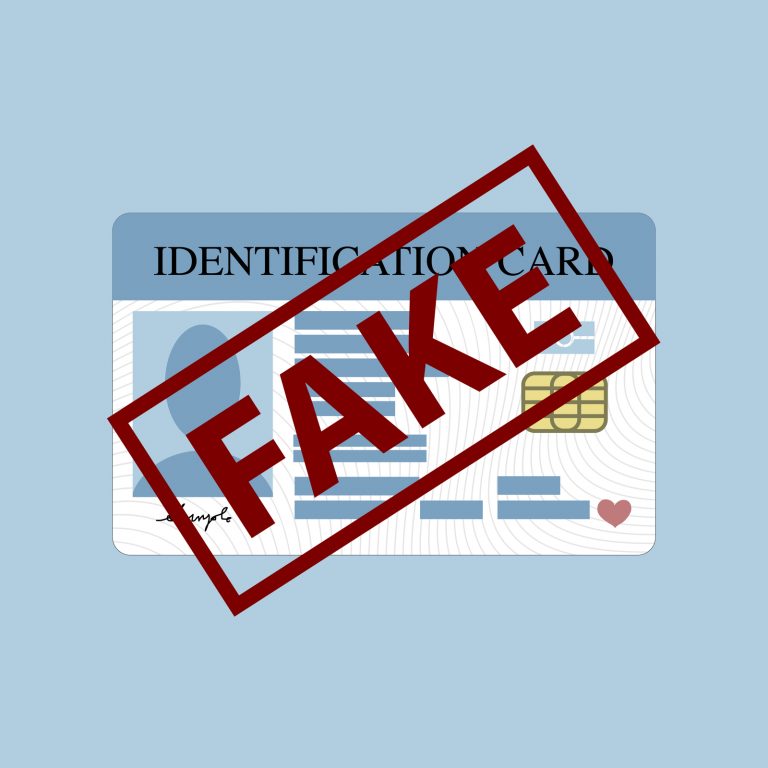
2018-7-13 14:55 |
KYC for crowdsales was meant to add oversight and legitimacy to a largely unregulated space. Instead it’s left investors susceptible to data breaches, identity theft and blackmail. Given the hazards, it’s understandable that some ICO investors have resorted to buying fake ID.
Also read: A BCH Fueled Version of Patreon is Coming This August
KYC Has Created a Thriving Black Market for Fake IDsBuying fake ID is a rite of passage for teenagers desiring to be sold alcohol. But a new market for fake ID has sprung up on the web, whose buyers crave nothing more illicit than admittance to the latest crowdsale. Know Your Customer (KYC) requirements, which are now widespread, were designed to screen out US and Chinese investors, and to dispel the notion that ICOs are unregulated. But rather than bolstering the industry’s reputation, they’ve created an unholy mess.
A typical Telegram message offering fake IDDedicated Telegram channels specialize in the buying and selling of fake IDs, complete with all the tools an investor needs to pass crowdsale KYC: passport scan, selfie, scanned bank statement; the works. Usually sourced from Russia, these can be bought for as little $50 – and it’s not just Americans and Chinese who are buying them. Investors who reside in countries that permit ICOs have also been snapping up fake IDs as a means of protecting their own identity.
Blackmail, Data Loss and DoxxingWith 80% of this year’s ICOs trading below their public sale price, investing in crowdsales is a risky businesses. Throw in mandatory KYC, and those risks are significantly heightened. A number of projects have been compromised through the hacking of the third party handling their KYC, while others have had their mailing list leaked. In each instance, investors have been susceptible to being doxxed, and there have been reports of blackmail.
Once hackers have obtained the email addresses of investors, they will either attempt to socially engineer them; sell the addresses on the black market; or claim to have filmed the victim watching online porn, threatening to send the video to their friends and family if they don’t pay a ransom. Given these hazards, purchasing a fake ID to pass KYC seems like the lesser of two evils. Tezos forcing KYC on its community one year after they’d invested, essentially holding their tokens to ransom, has further fueled the demand for fake IDs.
Most cryptocurrency investors accept, albeit reluctantly, that KYC is a requisite for trading on centralized exchanges. The case for forcing KYC on crowdsales is harder to justify. Given the hassle and hazards involved, it’s no wonder many investors prefer to wait and pick up tokens on IDEX, where there’s no verification and coins can often be bought at half the price.
Do you think KYC makes crowdsales safer or riskier? Let us know in the comments section below.
Images courtesy of Shutterstock, and Telegram.
Need to calculate your bitcoin holdings? Check our tools section.
The post Crowdsale KYC is Fueling a Black Market for Fake ID appeared first on Bitcoin News.
origin »Bitcoin price in Telegram @btc_price_every_hour
ICO OpenLedger (ICOO) на Currencies.ru
|
|
